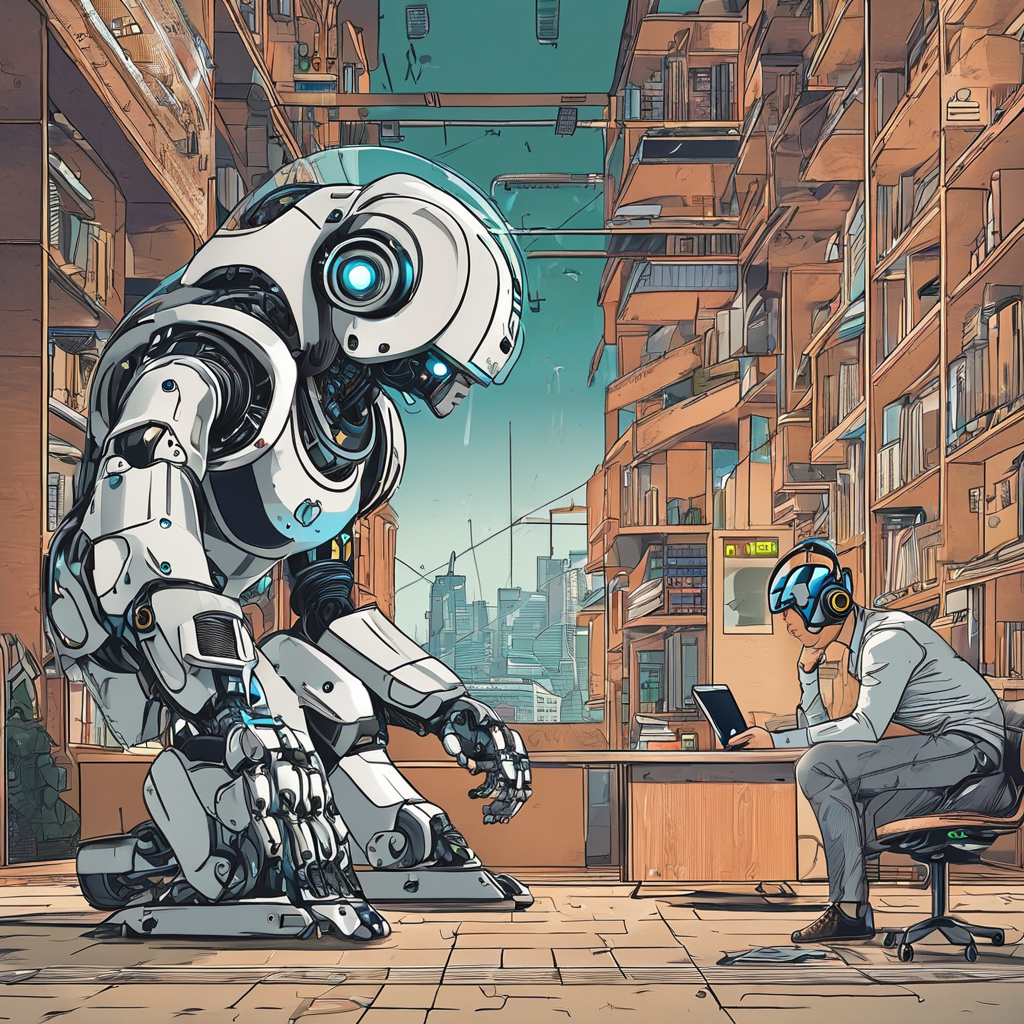AI has been a topic of debate for years, with many wondering if artificial intelligence will eventually replace humans in various fields. As technology continues to advance at a rapid pace, it’s natural to question the role AI will play in our future. Let’s explore some common myths and the reality of whether AI will truly replace humans.
One of the most common myths surrounding AI is that it will completely replace human jobs, leading to mass unemployment. While it’s true that AI can automate certain tasks, it’s unlikely to replace humans entirely. Instead, AI is more likely to augment human capabilities, making tasks more efficient and allowing humans to focus on more complex and creative work.
Another misconception is that AI will surpass human intelligence and become self-aware, leading to a dystopian future where machines dominate society. The reality is that AI, while capable of performing specific tasks with incredible speed and accuracy, lacks the understanding and cognitive abilities of the human brain. AI operates based on algorithms and data, without true consciousness or emotions.
Some believe that AI will lead to a world where humans become entirely dependent on machines, losing critical thinking and problem-solving skills. While it’s essential to be mindful of the impact of technology on society, there are also significant benefits to AI in terms of efficiency, innovation, and advancements in various industries.
AI is often seen as a threat to creativity and innovation, with the fear that machines will replace human artists, writers, and inventors. However, AI can actually enhance creativity by providing new tools and insights to creators. By leveraging AI technology, artists and innovators can push the boundaries of their work and explore new possibilities.
There is a common fear that AI will lead to a loss of privacy and autonomy, with machines controlling every aspect of our lives. While data privacy and security are valid concerns in the age of AI, it’s essential to implement regulations and ethical guidelines to ensure that AI is used responsibly and transparently.
The idea that AI will eventually evolve beyond human control and pose a threat to humanity is a prevalent theme in science fiction. While ethical considerations are crucial in the development and deployment of AI, the notion of a rogue AI taking over the world is more fiction than reality. AI systems are designed and programmed by humans, and their actions are ultimately guided by human oversight.
Despite the fears and myths surrounding AI, the reality is that AI has the potential to revolutionize industries, improve healthcare, enhance productivity, and solve complex problems. By working collaboratively with AI systems, humans can leverage the power of technology to achieve greater outcomes and drive innovation.
Rather than viewing AI as a replacement for humans, it’s more accurate to see AI as a tool that complements human abilities and accelerates progress. The future of AI lies in collaboration between humans and machines, where each can leverage their unique strengths to achieve collective goals and create a better world.
In conclusion, while the idea of AI replacing humans may spark fear and uncertainty, the reality is that AI is a powerful tool that has the potential to enhance our lives in countless ways. By dispelling myths and understanding the true capabilities of AI, we can embrace the opportunities for growth and innovation that AI presents, shaping a future where humans and machines can coexist harmoniously.
